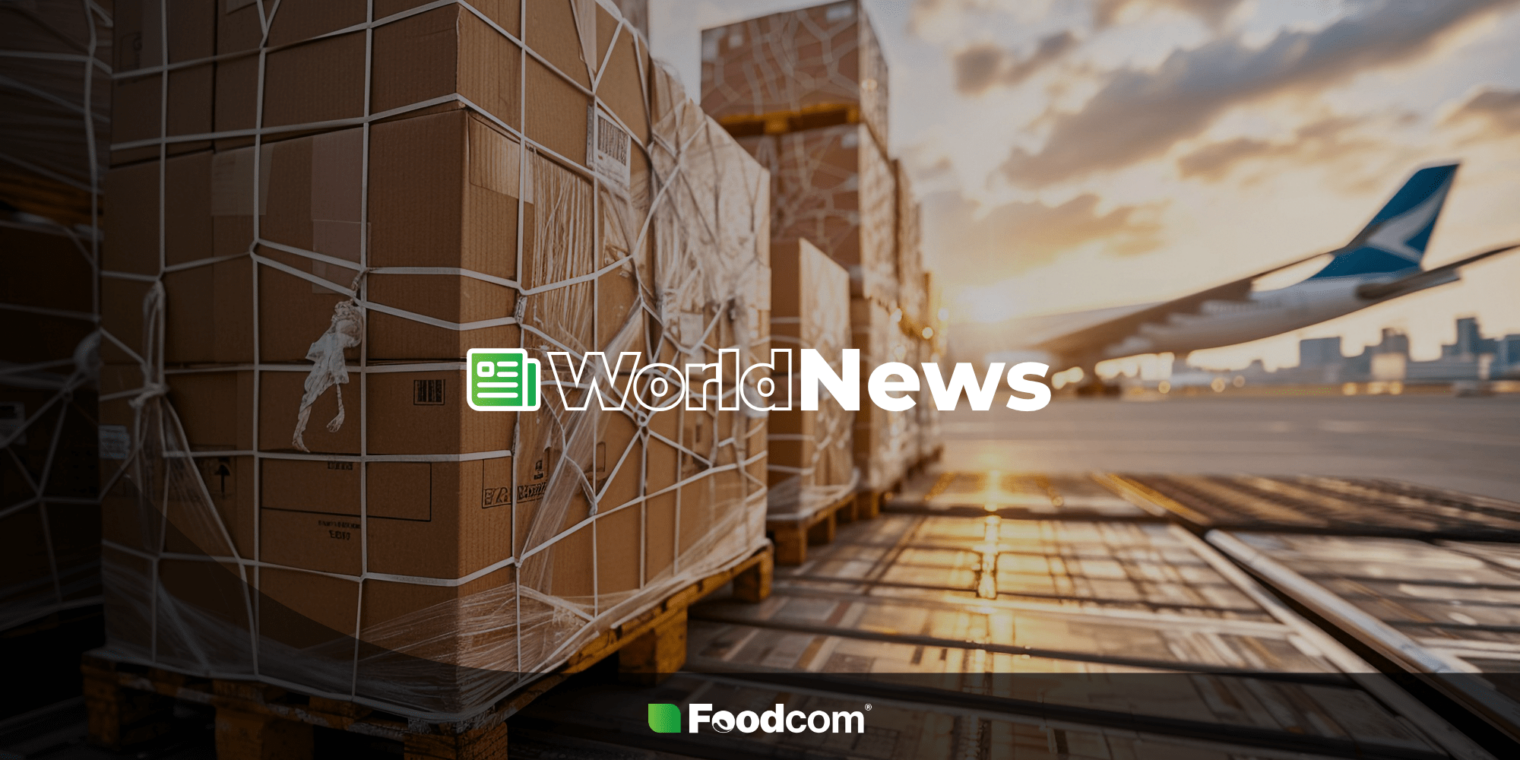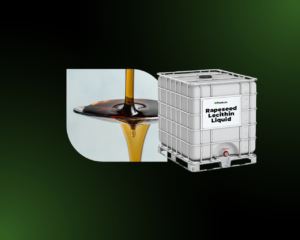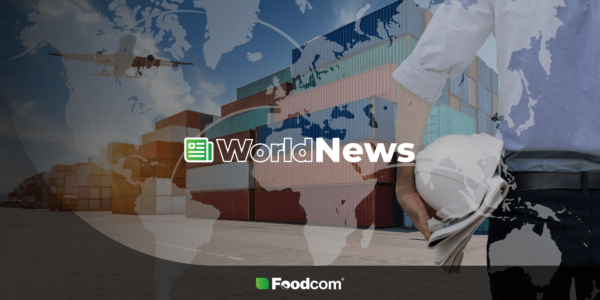- Between 200,000 and 400,000 tons of Canadian rapeseed meal worth up to $120 million are stuck in Chinese ports.
- A 100% Chinese customs duty has made it unprofitable to sell the goods on the local market.
- Importers are trying to redirect shipments to Southeast Asia and South Korea, offering 30% discounts.
- The trade dispute between Canada and China is escalating and disrupting global agricultural supply chains.
Blocked supplies after the introduction of customs duties
Between 200,000 and 400,000 tonnes of Canadian rapeseed meal, mainly used as animal feed, is stuck in Chinese ports. China’s 100 per cent duty has made it unprofitable to sell the commodity on the local market.
Importers are trying to divert cargoes to Southeast Asian countries and South Korea, offering the product at a discount of around 30 per cent. The value of the stranded consignments at the ports is estimated to be as high as US$120 million.
Tariffs escalate agricultural trade tensions
The current situation is part of a wider trade dispute between Canada and China. Beijing previously imposed a 75.8 per cent anti-dumping duty on rapeseed and 100 per cent tariffs on rapeseed oil, meal and peas from Canada. This is in response to Canada’s decision to impose tariffs on Chinese electric vehicle imports.
The trade conflict is disrupting global supply chains and forcing exporters to look for new markets. While alternative sales routes are possible, this involves reduced margins and greater risk for producers.








